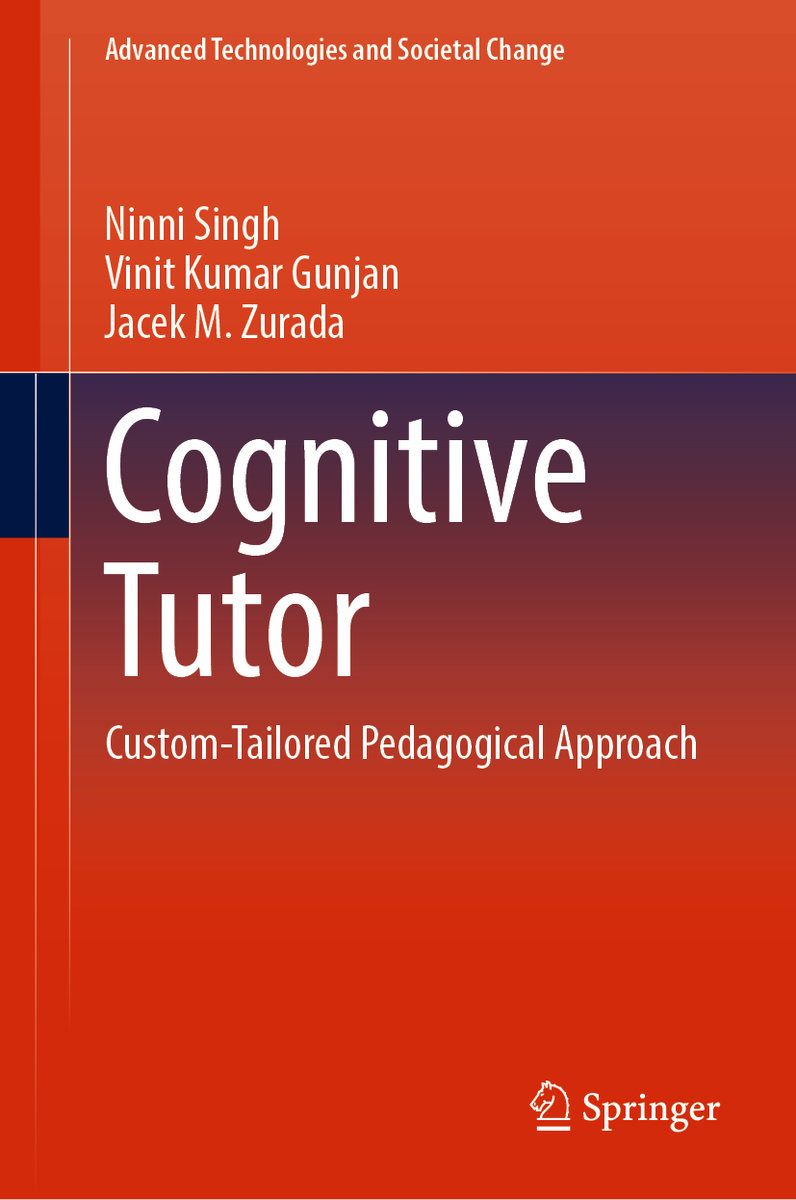This book illustrates the design, development, and evaluation of personalized intelligent tutoring systems that emulate human cognitive intelligence by incorporating artificial intelligence. Artificial intelligence is an advanced field of research. It is particularly used in the field of education to increase the effectiveness of teaching and learning techniques. With the advancement of internet technology, there is a rapid growth in web based distance learning modality. This mode of learning is better known as the e-learning system. These systems present low intelligence because they offer a pre-identified learning frame to their learners. The advantage of these systems is to offer to learn anytime and anyplace without putting emphasis on a learner's needs, competency level, and previous knowledge. Every learner has different grasping levels, previous knowledge, and preferred mode of learning, and hence, the learning process of one individual may significantly vary from other individuals.
This book provides a complete reference for students, researchers, and industry practitioners interested in keeping abreast of recent advancements in this field. It encompasses cognitive intelligence and artificial intelligence which are very important for deriving a roadmap for future research on intelligent systems.



